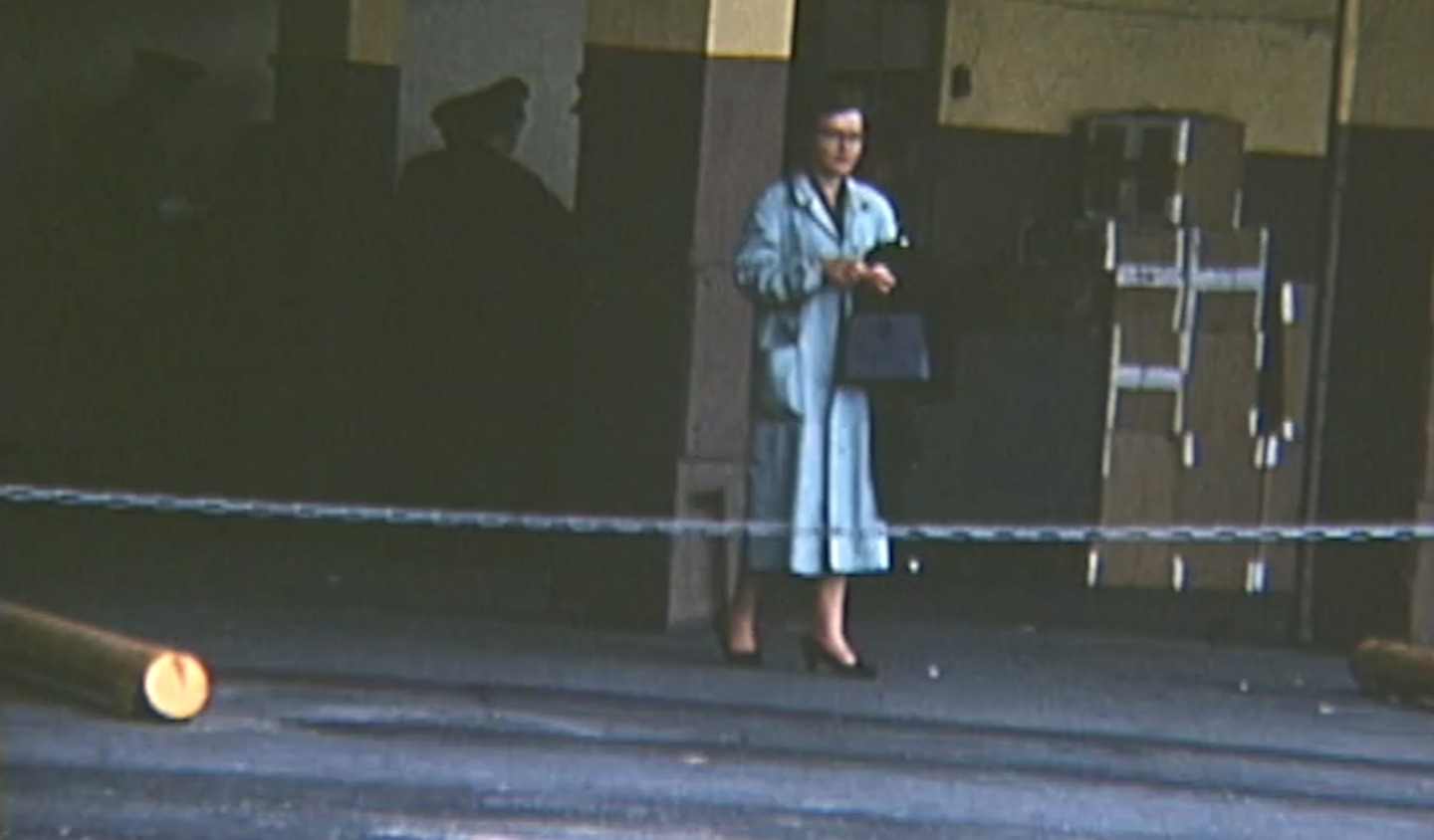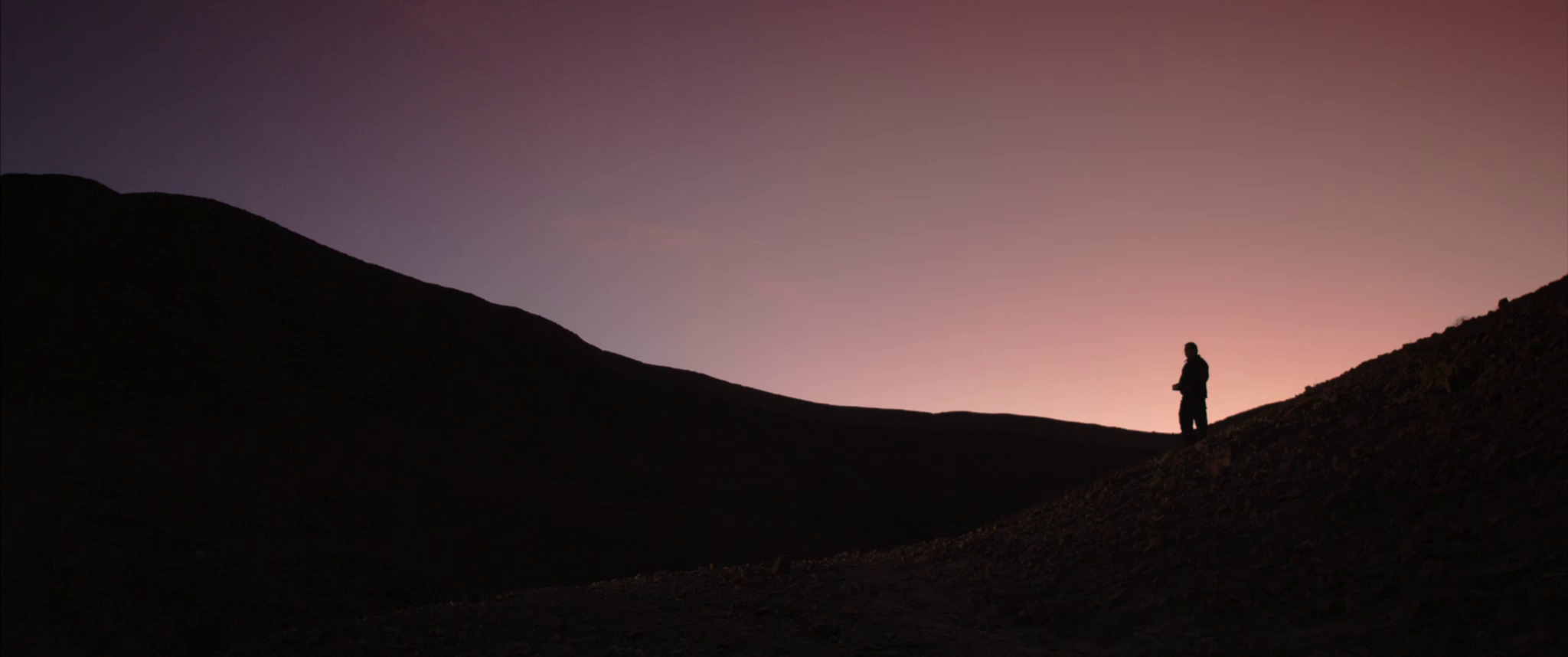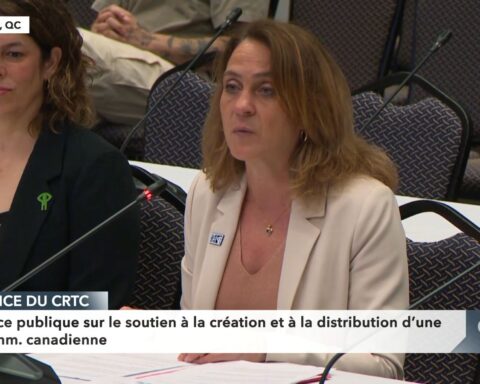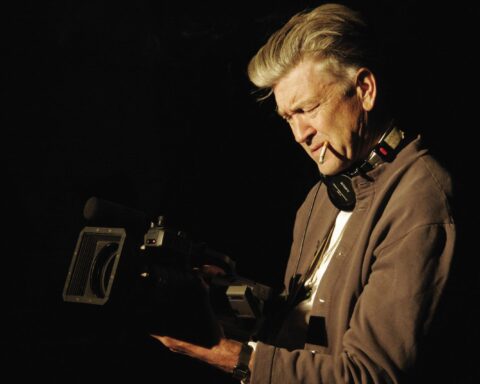Terra Femme
(US, 63 min.)
Dir. Courtney Stephens
Terra Femme is remarkable in its refusal to remain static, which is, admittedly, an odd thing to say about a film. Adapted from a live presentation, the film is a resounding performative piece, shifting and reshaping itself with awe inspiring precision. Director Courtney Stephens manipulates found footage and fashions a highly rewarding synthesis of ideas, associations, and themes. The film is brilliant: an exacting commentary on documentary film practice and the very nature of movie watching.
Terra Femme defies easy categorization. The film is an incisive convergence between the travelogue and essay film forms. Gathering amateur travel films from both public and private archives, Stephens meticulously assembles footage shot by various women between the 1920’s and 1940’s. These images have a worldwide scope, across all continents, ranging from a wide variety of places such as South Asia and the Arctic.
Each of the pieces included is considered in the context of larger political and historical considerations and Stephens weaves a vivid picture of the global context within which these films exist. A commentary on colonialism emerges, viewed all the more trenchantly through our current lens.
Stephens is careful to identify each woman, including any known biographical information available. She ingeniously crafts a subtle, twisty path that tricks us with its hypnotic links. In doing so, she guides us on a journey to re-consider the private in the context of the public. Before you know it, you’re transfixed within a whirlwind of emotions and ideas.
Perhaps her most masterful stroke lies in the decision to interweave intimate details from her own life into the piece. The presence of her story opens up Terra Femme to the idea of which individuals are behind the storytelling and, by extension, the film clips. By homing in on the notion that there is a human consciousness, a person behind every film shot, and focusing on the most intimate circumstances of each maker, she underscores the idea of a thought process, however unconscious, behind every gesture of the camera.
This is particularly refreshing when the film introduces questions about the female gaze, something that many have discussed for decades, and which can sometimes be off-putting as a result. Absent is the sometimes-tired academic theory, replaced instead by a consideration of a particular experience within a larger framework. Terra Femme stands out in this regard because it focuses on the details–and asks us to consider how each of her subjects has focused her camera’s attention–even as it examines the greater issues.
As Stephens guides us through an understanding of the footage, and the experiences within them, she asks us to question what exactly we are witnessing. What happens when questions about the female gaze transform into considerations of what is in the frame itself? Or is that a different conversation altogether?
Terra Femme is an unforgettable cinematic experience. Not only does Courtney Stephens use the travelogue as a jumping off point for considerations of authorship and point of view but she challenges the notion of objectivity in the act of filming. Watching this film can be a weighty proposition at times but it is an absolutely riveting adventure.
Terra Femme premieres at Hot Docs on April 29.













